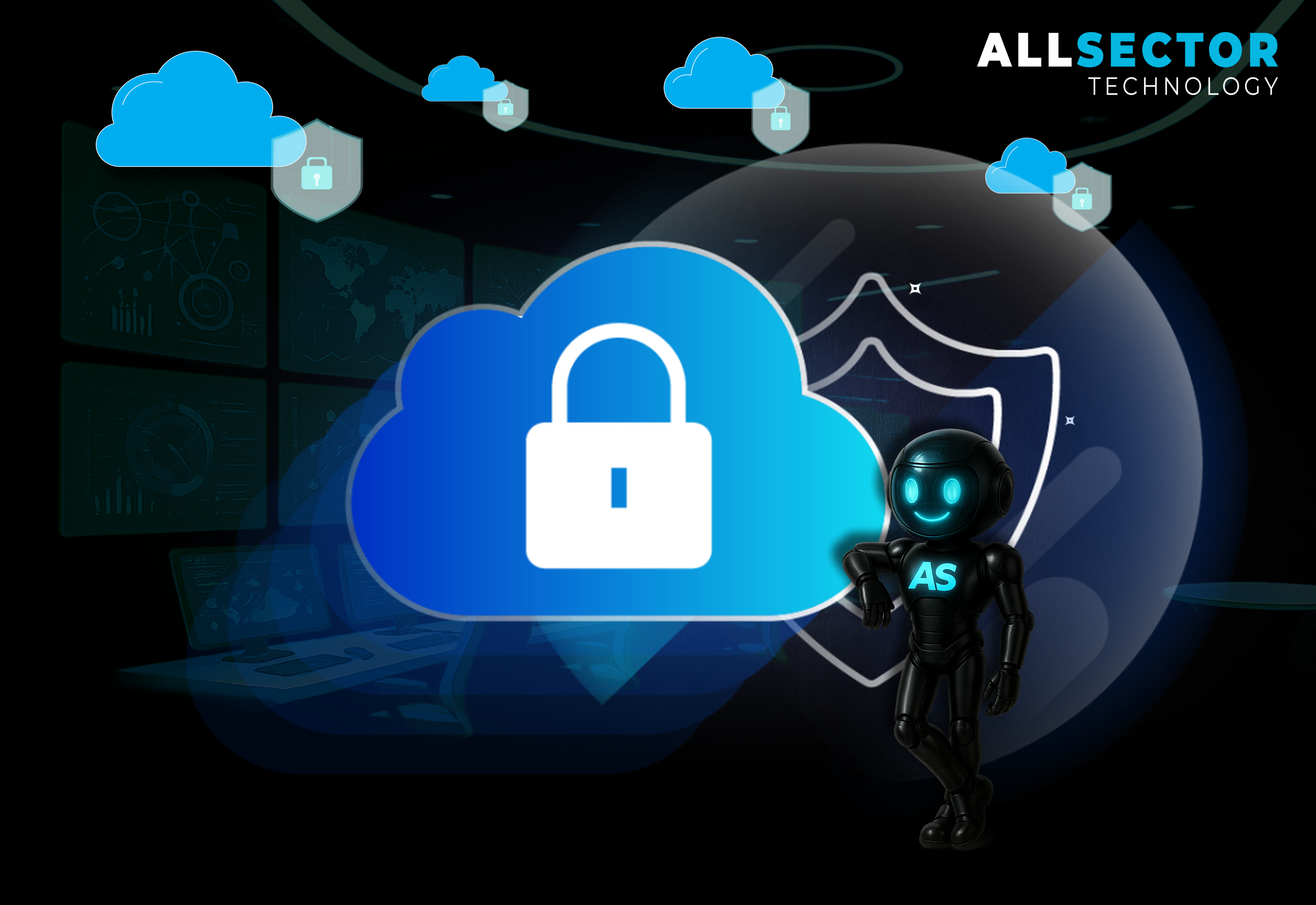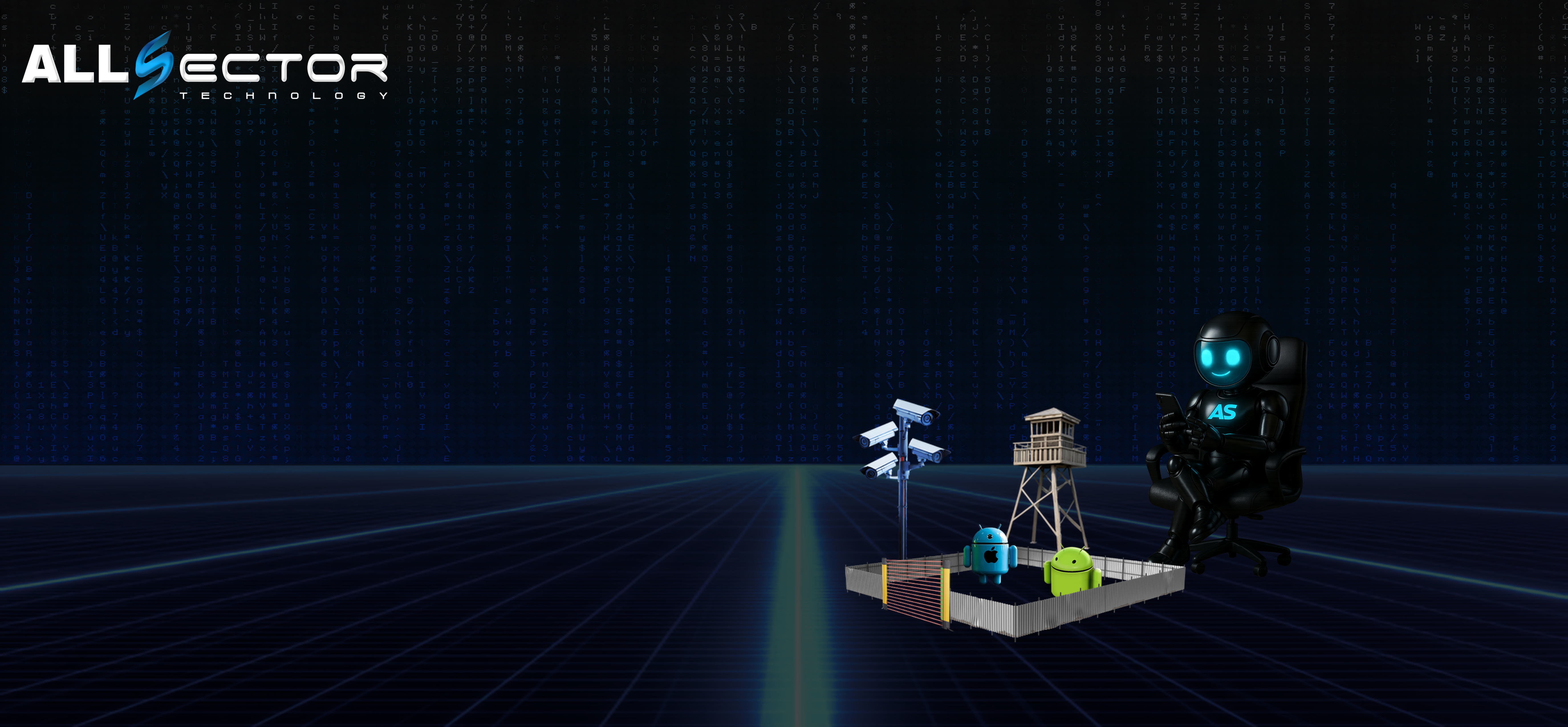Synopsis: When it comes to securing sensitive data, not all firewalls are created equal—especially for organizations bound by compliance frameworks like HIPAA. In this head-to-head comparison, we explore how the SonicWall Gen 7 Firewall stacks up against the Ubiquiti Next-Gen Gateway Pro, and why the right choice can make or break your security posture.
[Round 1]
|
Security & |
|
SonicWall Gen 7 (with Essential or Advanced Protection Suite)
- Provides Capture Advanced Threat Protection (ATP) with multi‑engine sandboxing and RTDMI™ (Real‑Time Deep Memory Inspection) to catch ransomware and zero‑day malware
- Features Reassembly‑Free Deep Packet Inspection (RFDPI), full TLS 1.3 decryption/inspection, Application Control, IDS/IPS, antivirus, anti‑spyware, and content filtering
- Security bundles include 24×7 support, visibility, spam filtering, cloud‑based reporting and management (Advanced Suite).
Ubiquiti UXG‑Pro + CyberSecure
- Offers IDS/IPS, layer‑7 firewall, application‑aware filtering, content filtering, ad‑blocking, and Deep‑Packet Inspection (DPI) with ~55,000 threat signatures.
- CyberSecure enhances content filtering (100+ categories via Cloudflare/Proofpoint) and expands IPS/IDS signature sets.
[Round 1 Results] SonicWall’s deep, multi‑layered threat detection (sandboxing + real‑time memory inspection) is far more robust and aligned with protecting sensitive healthcare data than Ubiquiti's primarily signature‑based approach.
[Round 2]
|
HIPAA Compliance |
 |
- Specifically positions its cybersecurity portfolio for HIPAA compliance, offering technical safeguards to preserve confidentiality, integrity, and availability of Protected Health Information (PHI).
- Enables segmentation of IoMT/medical devices through zero‑trust design and next‑gen firewall capabilities.
Ubiquiti
- Emphasizes PCI‑DSS capabilities (segmentation, firewall, access control), but lacks explicit HIPAA-focused features or proven healthcare-centric guardrails.
[Round 2 Results] SonicWall presents a tailored, healthcare‑industry-aligned security solution; Ubiquiti does not articulate HIPAA-specific support.
[Round 3]
|
Management, |
 |
SonicWall
- Unified SonicOS 7 provides single‑pane‑of‑glass management across firewalls, switches, APs—plus cloud‑based reporting and Network Security Manager in Advanced bundles.
- Includes zero‑touch deployment, high port density, optional redundant power, and scalability up to data center/cloud environments.
Ubiquiti UXG‑Pro
- Managed via UniFi Controller; provides segmented firewall, DPI, QoS, VPN, SD‑WAN, multi-WAN, and route management .
- CyberSecure integrates into the UniFi ecosystem—content filtering, threat intelligence—but offers less granularity and fewer analytics around healthcare-specific events.
[Round 3 Results] While Ubiquiti shines in unified network management, SonicWall offers deeper visibility, compliance-aligned analytics, and more enterprise-grade deployment flexibility.
[Round 4]
|
Total Cost of Ownership |
 |
SonicWall
- Industry-leading TCO, powerful hardware, scalability, and optimization of management/licensing combine for cost-effectiveness across lifecycle.
Ubiquiti
- DDR: subscription-based CyberSecure (~$99/year) adds recurring cost. Core functionality is license‑free, but regulatory environments often require reserves/bundles and support.
[Bottom Line] While Ubiquiti offers attractive lower upfront costs, SonicWall's comprehensive coverage and lifecycle support yield better long‑term value for regulated environments.
[Round 5]
|
Summary |
 |
|
Feature / |
SonicWall Gen 7 |
Ubiquiti UXG‑Pro + |
|
Deep Threat Detection (sandbox + RTDMI) |
Yes — multi‑engine ATP with real‑time memory inspection |
No — signature-based only |
|
TLS 1.3 Decryption / RFDPI |
Yes |
DPI without deep decryption |
|
HIPAA & Healthcare Focus |
Yes — designed for PHI protection & segmentation |
No explicit HIPAA alignment |
|
Unified Management & Reporting |
Yes — single console, cloud reporting |
Yes — Controller, but less compliance analytics |
|
Deployment & Redundancy |
Yes — zero‑touch, redundant power |
Yes — multi‑WAN, but less hardware robustness |
|
Cost / Licensing |
Cost-effective at enterprise scale |
Lower upfront, but subscription adds cost |
[Conclusion]
|
Winner: |
 |
If you’re in healthcare, non-profits, or any regulated industry, SonicWall Gen 7 delivers the advanced security, compliance, and reliability you need—without compromise. While Ubiquity is looking to "throw their hat in the ring", they may ultimately misrepresent their security posture and capabilities which could leave an organization with more risk and liability. When it comes to security and compliance (and as a CISSP), decisions need to be made on the current capabilities of the security offering, and not on a potential future capability or release, which is also why I would have to continue to both choose and recommend Sonicwall over Ubiquity as of this writing.
In closing, I will say that Ubiquity is impressive in that they appear to want provide a modular collection of security and networking products. Providing easy interoperability and connectivity within their existing line of products and platforms. Hopefully they will continue to expand and grow and at some point be a competitive substitution for Sonicwall and various other Enterprise-Grade security devices.






